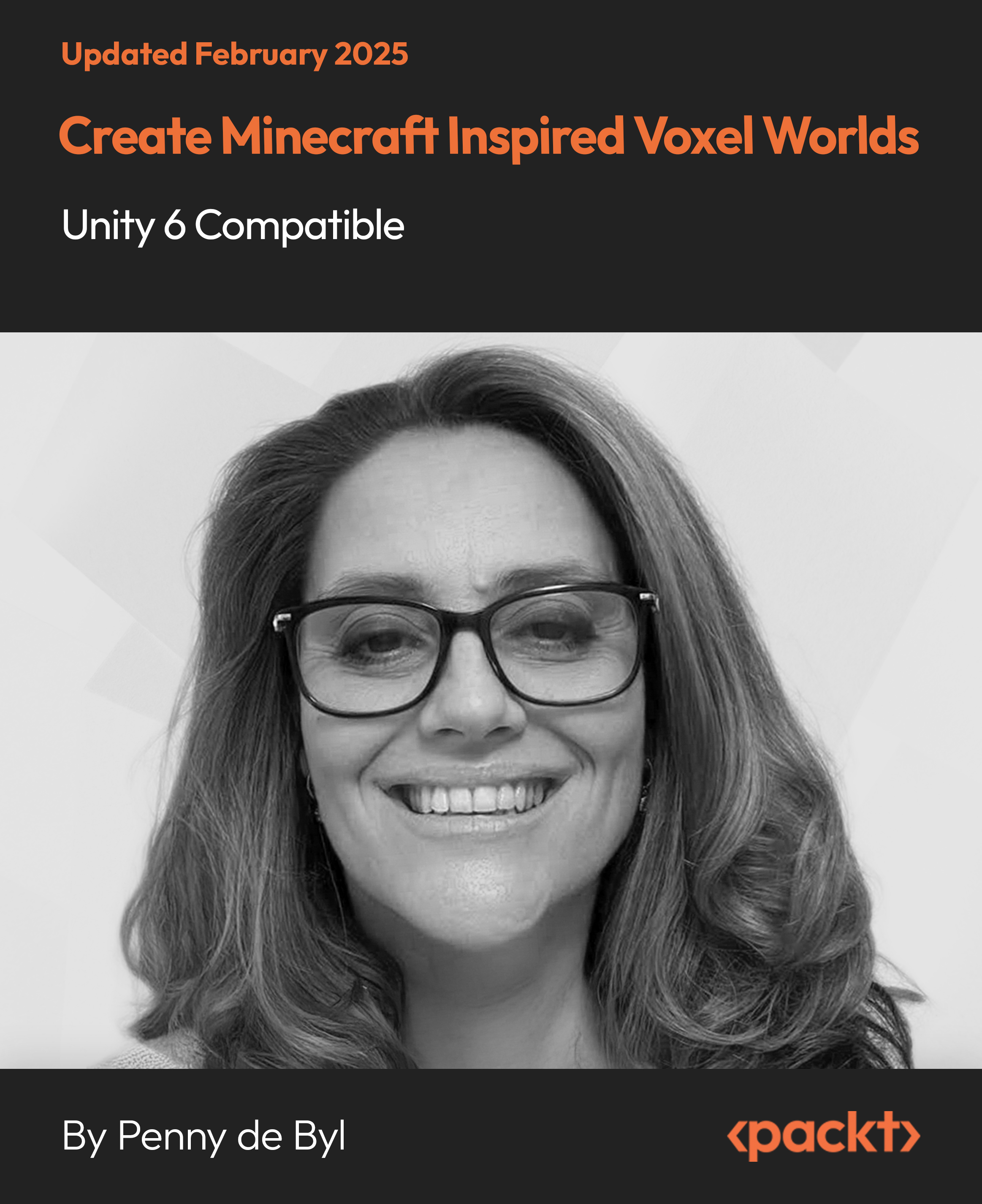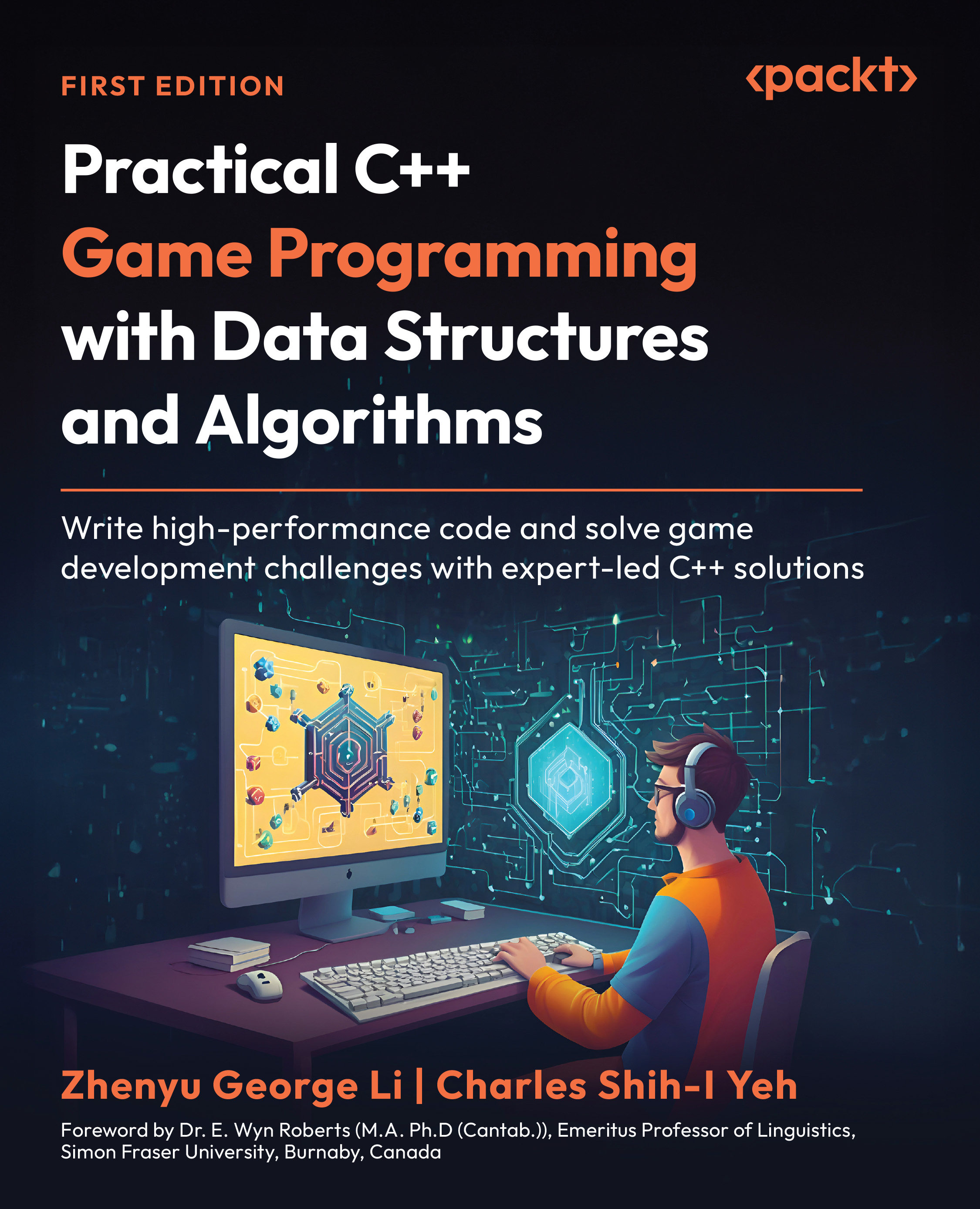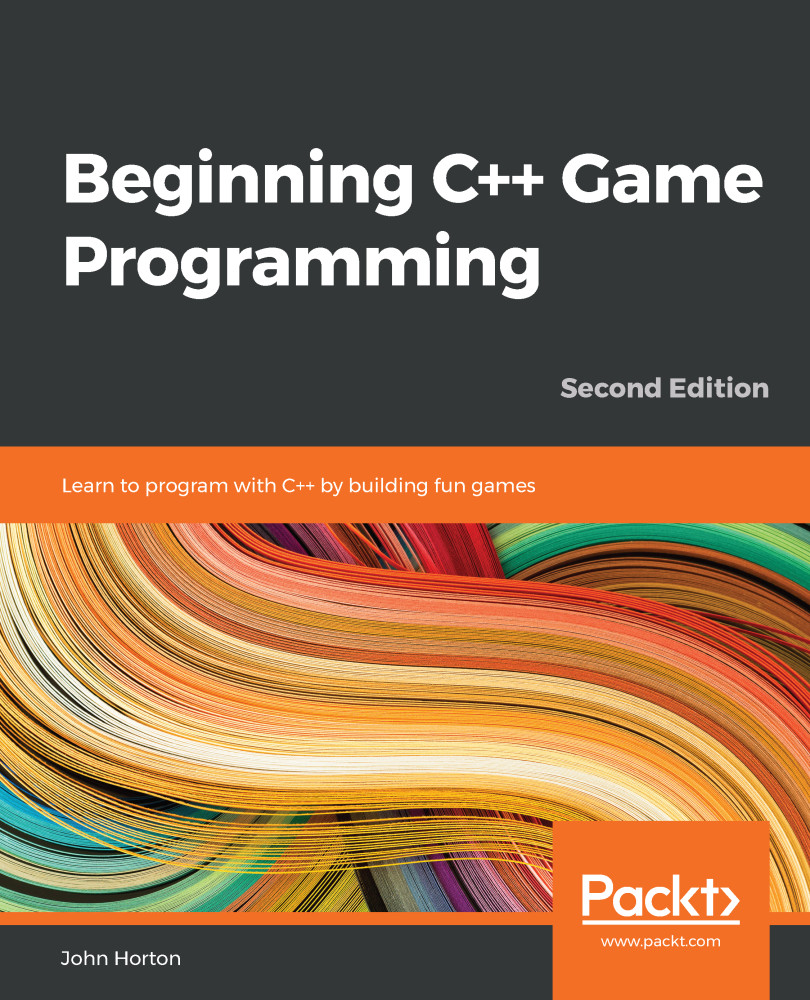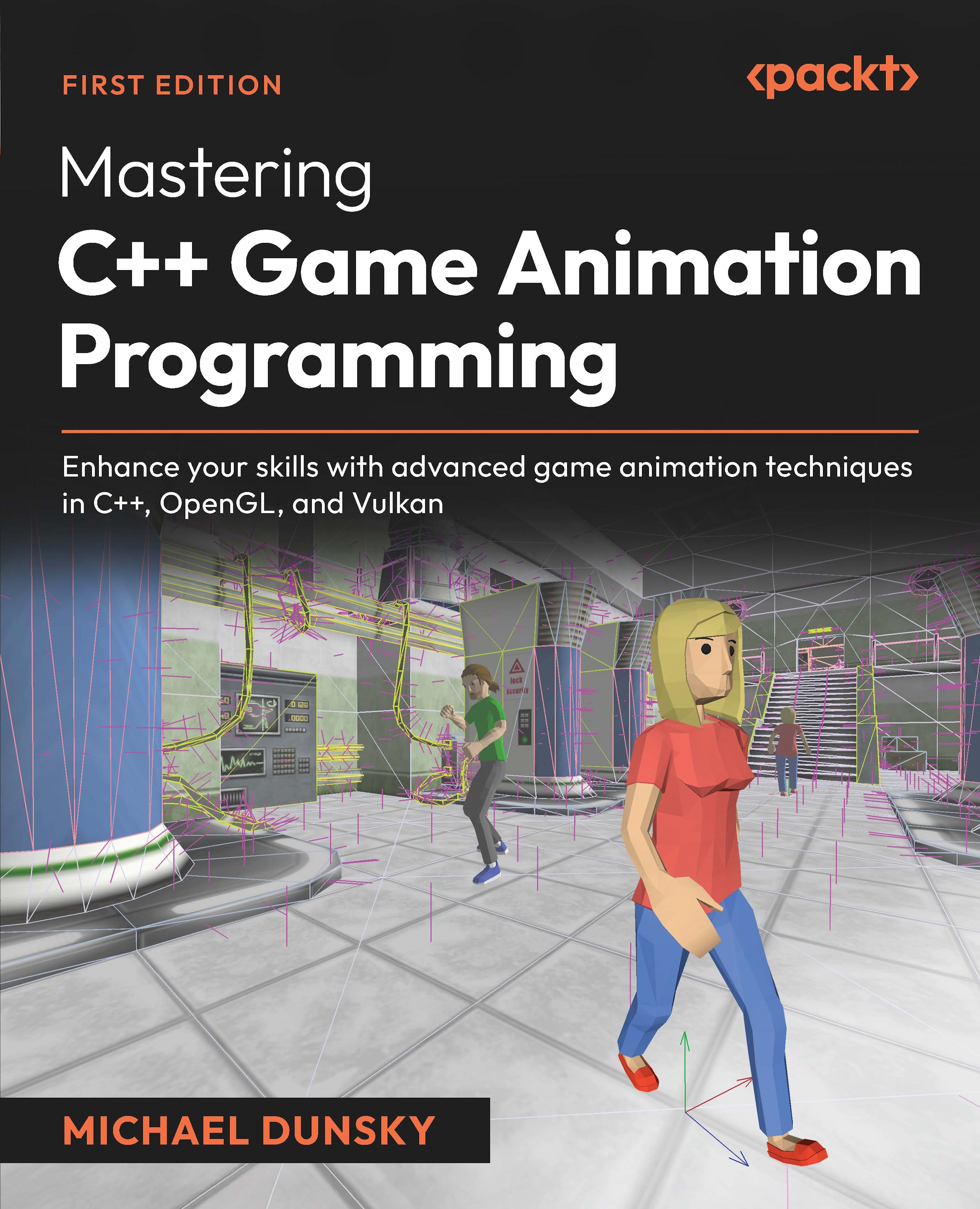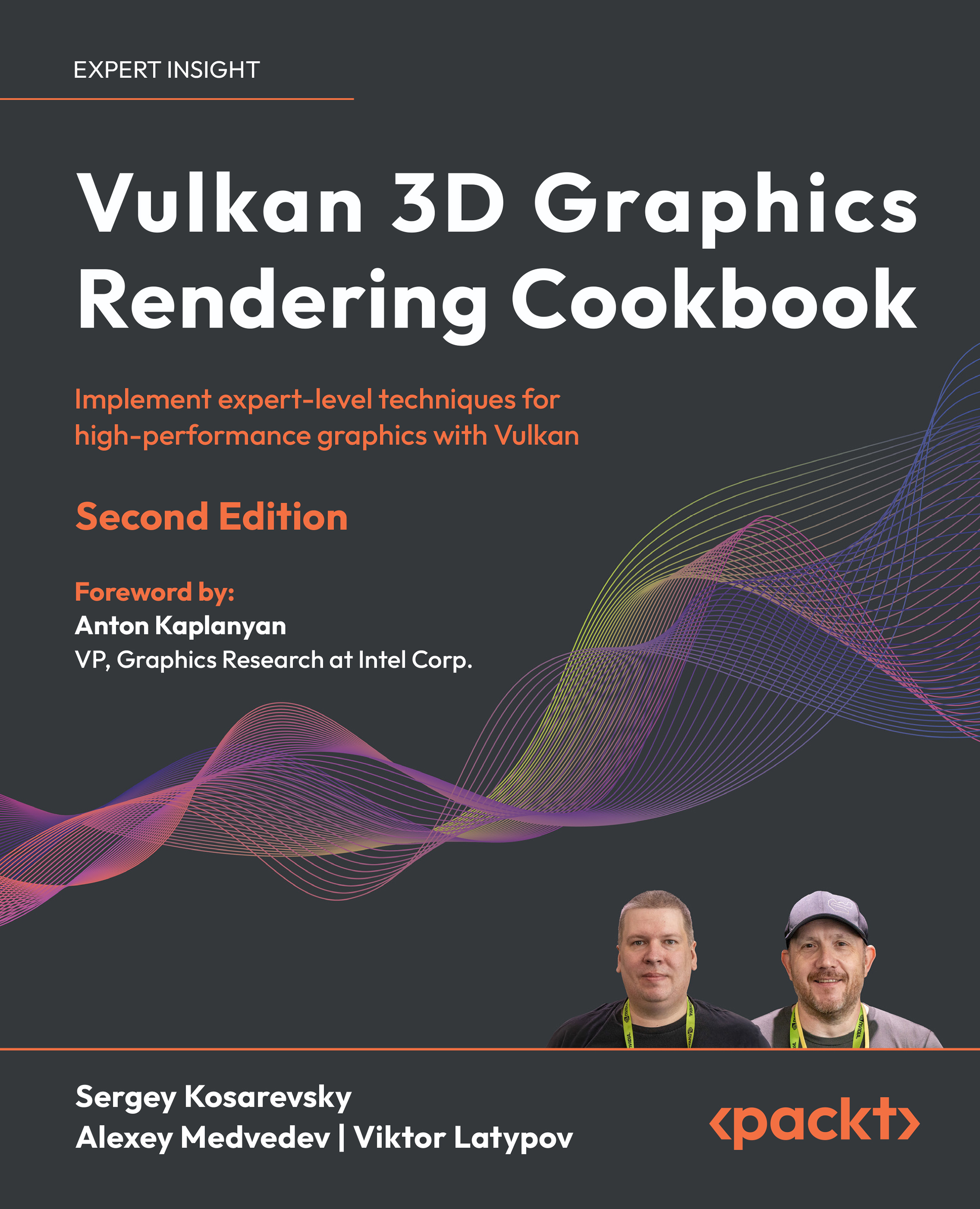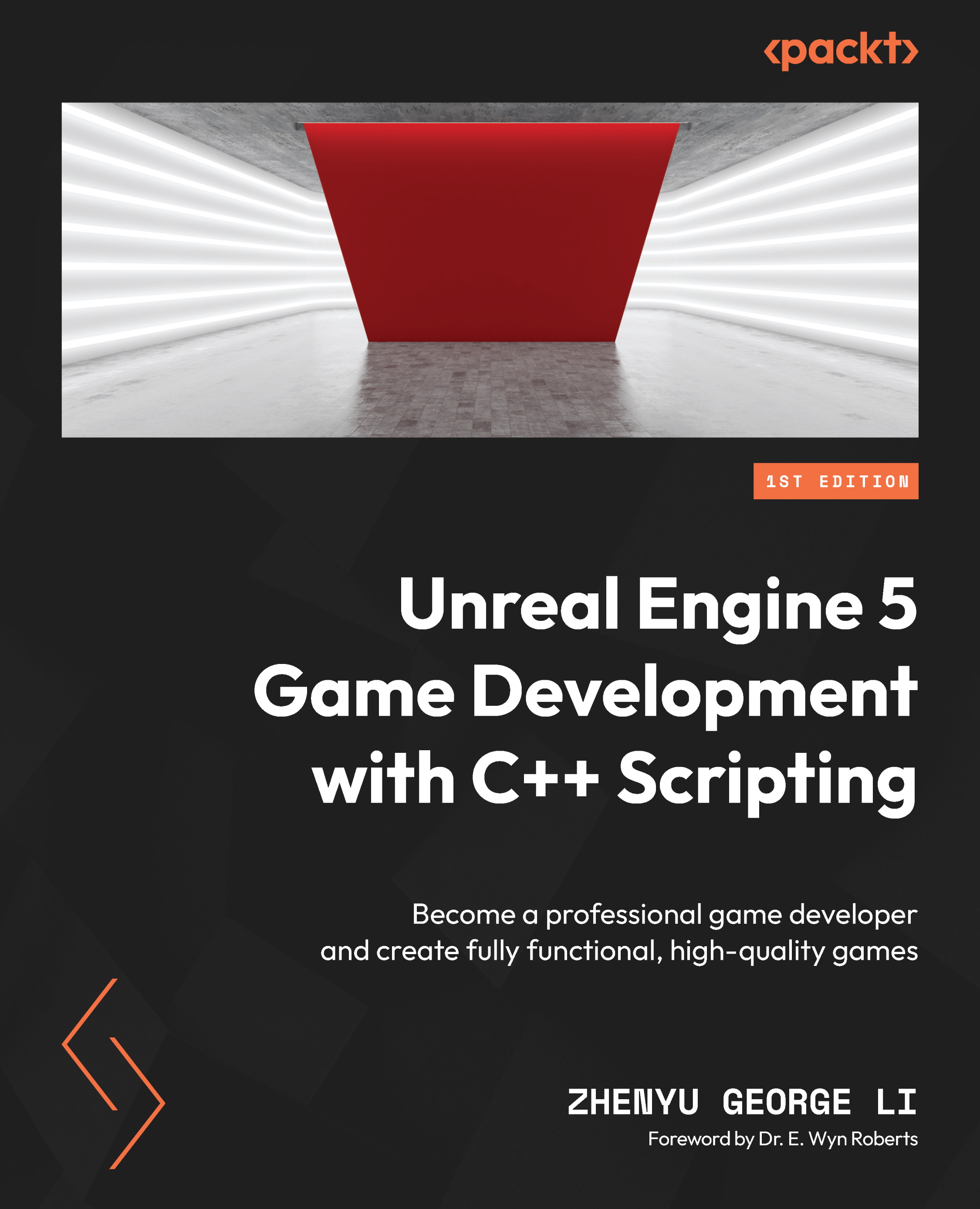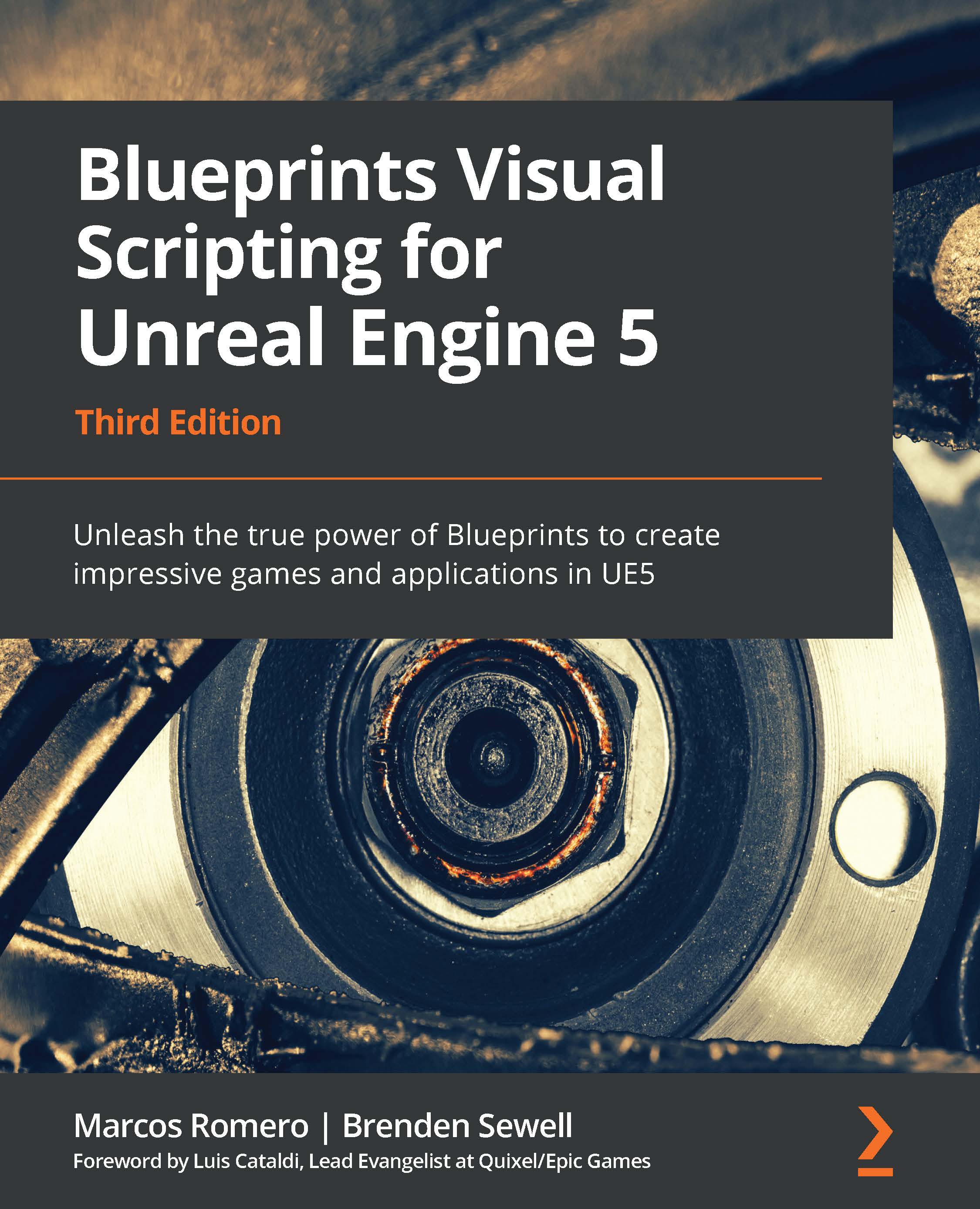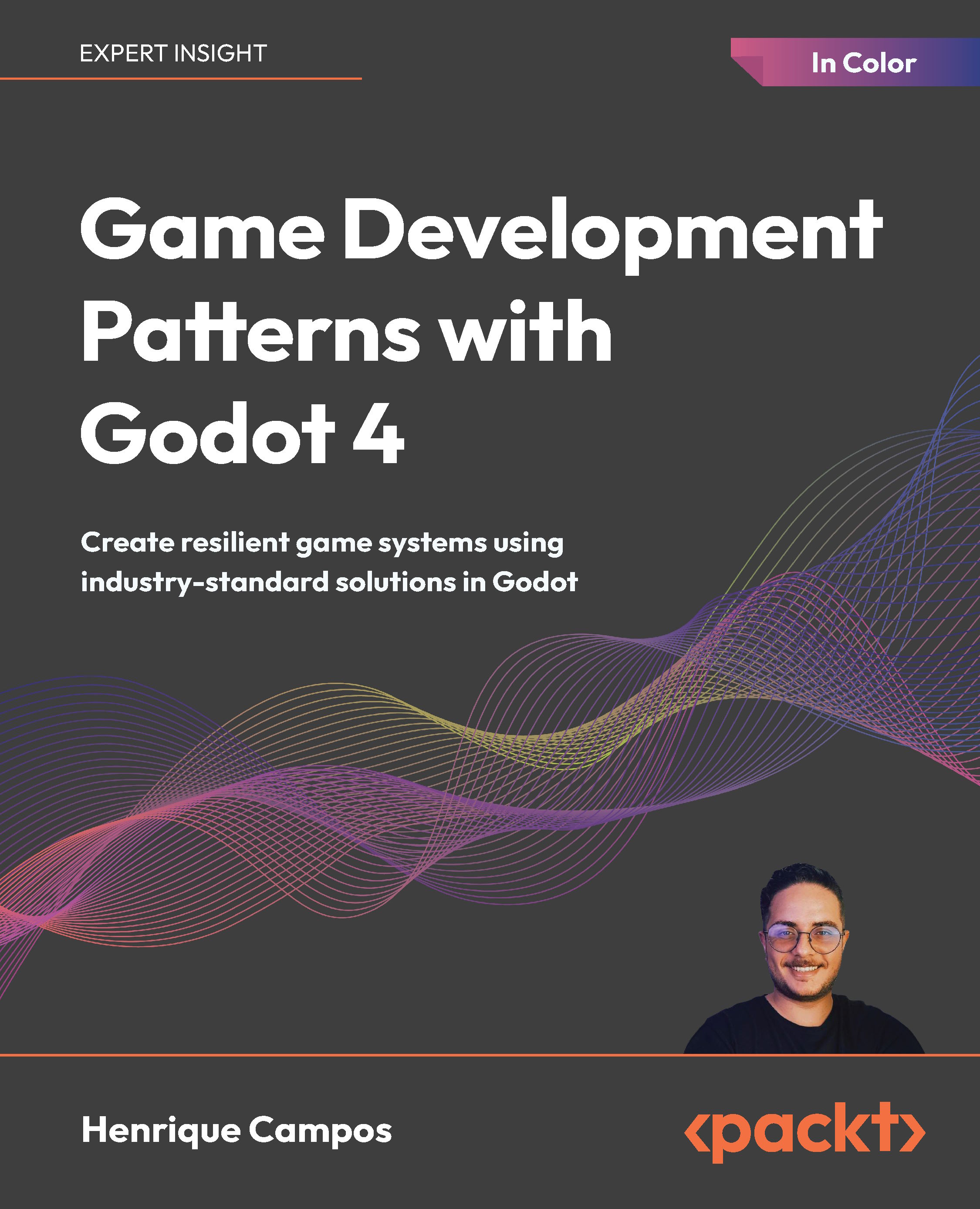-
Learn the fundamentals of voxel-based rendering and chunk management
-
Optimize rendering by drawing only visible quads and using mesh merging
-
Enhance interactivity with player movement, chunk updates, and background processing
Voxel-based games have captivated players for years, offering limitless creativity and procedural landscapes. This course takes you deep into the mechanics of voxel rendering, starting with the basics of cubes and quads before progressing to advanced topics such as chunk-based terrain construction, noise-based landscape sculpting, and seamless world generation. You’ll explore key optimization techniques to ensure smooth performance while handling massive terrains.
Beyond just world generation, you'll delve into interactivity by implementing mining, construction, and dynamic block behaviors such as fluid simulation and tree growth. Learn how to manage data efficiently, save and load worlds, and optimize rendering techniques to improve visual fidelity and responsiveness. With structured, hands-on lessons, you’ll gain experience in procedural terrain generation, voxel data structures, and gameplay mechanics that bring your world to life.
By the end of this course, you’ll have a fully functional voxel engine capable of generating expansive worlds, handling real-time player interactions, and implementing custom mechanics. Whether you're aiming to build your own sandbox game or integrate voxel-based mechanics into a larger project, this course provides the essential skills and best practices needed to succeed.
This course is ideal for beginner to intermediate game developers who want to master voxel-based rendering and procedural world generation. Unity users looking to build Minecraft-inspired environments will benefit from hands-on lessons covering chunk management, terrain sculpting, and interactivity. Developers interested in optimizing performance and implementing dynamic features like mining, fluid simulation, and tree growth will find this course essential. Basic knowledge of Unity and C# is recommended.
-
Construct and manage voxel-based worlds with optimized data structures
-
Generate procedural terrain with Perlin noise techniques
-
Implement mining, construction, and block interactions
-
Develop fluid simulation and dynamic block behaviors
-
Save and load worlds efficiently with serialization
-
Enhance performance with mesh merging and optimizations
 United States
United States
 Great Britain
Great Britain
 India
India
 Germany
Germany
 France
France
 Canada
Canada
 Russia
Russia
 Spain
Spain
 Brazil
Brazil
 Australia
Australia
 South Africa
South Africa
 Thailand
Thailand
 Ukraine
Ukraine
 Switzerland
Switzerland
 Slovakia
Slovakia
 Luxembourg
Luxembourg
 Hungary
Hungary
 Romania
Romania
 Denmark
Denmark
 Ireland
Ireland
 Estonia
Estonia
 Belgium
Belgium
 Italy
Italy
 Finland
Finland
 Cyprus
Cyprus
 Lithuania
Lithuania
 Latvia
Latvia
 Malta
Malta
 Netherlands
Netherlands
 Portugal
Portugal
 Slovenia
Slovenia
 Sweden
Sweden
 Argentina
Argentina
 Colombia
Colombia
 Ecuador
Ecuador
 Indonesia
Indonesia
 Mexico
Mexico
 New Zealand
New Zealand
 Norway
Norway
 South Korea
South Korea
 Taiwan
Taiwan
 Turkey
Turkey
 Czechia
Czechia
 Austria
Austria
 Greece
Greece
 Isle of Man
Isle of Man
 Bulgaria
Bulgaria
 Japan
Japan
 Philippines
Philippines
 Poland
Poland
 Singapore
Singapore
 Egypt
Egypt
 Chile
Chile
 Malaysia
Malaysia
